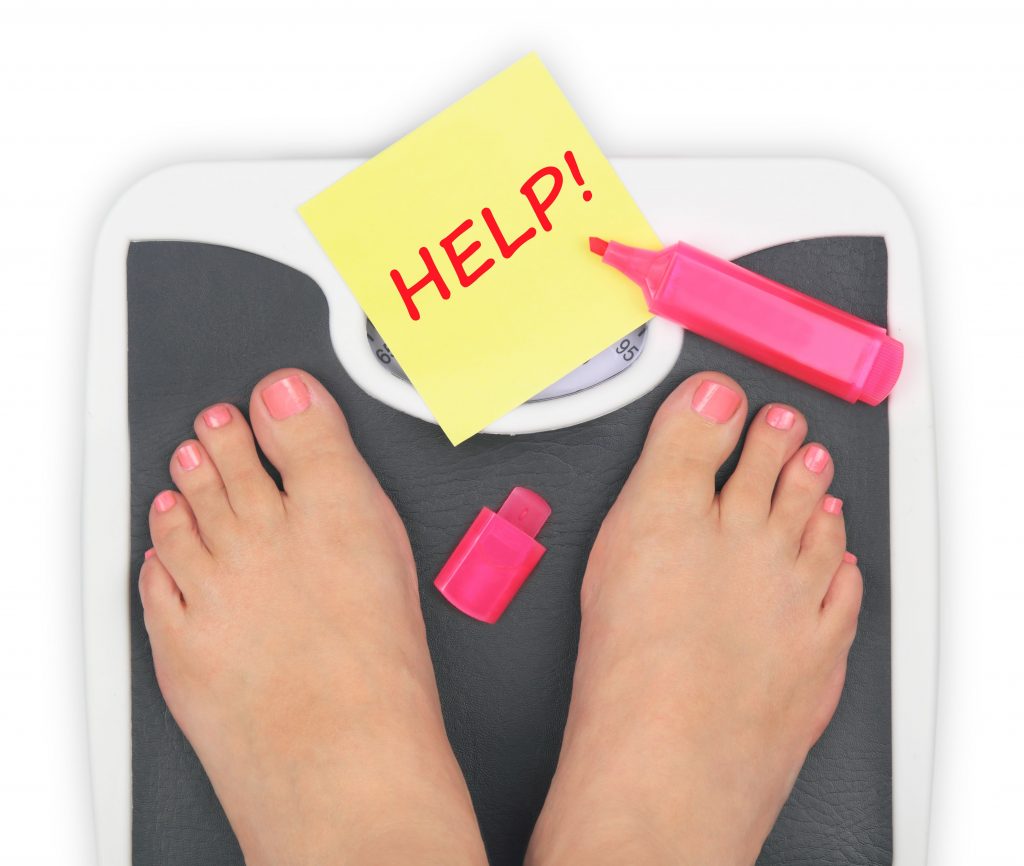

It’s the world’s favorite caffeinated elixir. Best friend to cram sessions and all-nighters everywhere. One cup at a time, coffee helps a lot of us through our day.
And lucky for all the coffee addicts out there, the body of research illuminating coffee’s natural health benefits has been steadily growing for over a decade and definitely carries weight.
But even as coffee is looking more and more healthy, that’s not to say it doesn’t come without its own risks and side effects. Coffee is definitely not for everyone, with some people showing higher sensitivities to caffeine than others.
4 Cups Per Day
The Mayo Clinic recommends up to 400mg of caffeine per day which breaks down to roughly 4 cups of brewed coffee. That seems to be the sweet spot for most of the research, because they say between 3-5 cups per day translates into tangible health benefits and significant decreased risk percentages for a number of diseases and ailments.
Below are the 7 most astounding health benefits of drinking coffee, as well as a few of the risks:
1. Coffee & Cognition
A recent study out of the Krembil Research Institute and the University Health Network of Ontario aimed to pinpoint the specific mechanisms by which coffee prevents Alzheimer’s and Parkinson’s Disease. Researchers set out to observe a number of compounds but found one group in particular to be of interest. Phenylindanes, a compound group found in coffee created during the roasting process, was responsible for inhibiting the aggregation of two proteins commonly known to cluster, clump, or tangle synapse sites in Alzheimer’s and Parkinson’s patients (2).
Those two proteins, tau and amyloid-beta, are known to build up around synapses and damage them (2). However, researchers saw that more phenalyndanes around synapse sites appeared to help prevent the aggregation and build up tau and amyloid-beta (2). Many things can lead to tau and amyloid-beta clustering and tangling synapses, including sleep deprivation.
Also interesting was that the highest levels of phenalyndanes were found in dark roasted coffee, as opposed to light or medium (2). Ultimately, the takeaway is that drinking coffee is helping combat against the mechanisms at the root of some of the most debilitating cognitive diseases out there.
2. Antioxidants
Coffee beans and brewed coffee are stocked with numerous bioactive compounds known to be robust antioxidants and antiradicals. Antioxidants and antiradicals help clear and prevent oxidative stress in the body, the breaking down or “rotting” of cells which can lead to any numerous ailments if left unchecked.
The compound most synonymous with coffee is definitely caffeine, but other antioxidant compounds in coffee include chlorogenic acids, nicotinic acid, trigonelline, tocopherols, cafestol, kahweol, and heterocyclic compounds (3).
If you’re looking for the type of coffee with the most antioxidants, hot brew has higher levels of antioxidants than cold brew according to researchers at Thomas Brown University. Cold brew may also mislead in the pH department, putting up similar acidic levels as hot brewed coffee while purporting to have lower acidity than hot brew.
3. Coffee Keeps Your Liver Strong
According to a 2016 systematic review with meta-analysis of studies regarding “reported odds ratios, relative risks (RR) or hazard ratios for cirrhosis stratified by coffee consumption,” researchers found that drinking 2 extra cups of coffee per day comes with a 44% lower risk of developing cirrhosis and liver cancer. It’s also believed that some of the compounds in coffee block the hepatitis B and C virus from taking hold in the liver (6).
4. Decrease Melanoma Risk

In a 2015 study by The Journal of the National Cancer Institute researchers learned that drinking 4 or more cups of coffee per day offers a 22% lower risk of developing malignant melanoma. That’s not to say we should be drinking coffee in lieu of using sunscreen, but if you’re in the sun a lot, 3-5 cups a day appears to lower your risk of skin cancer.
5. Heart and Cardiovascular Health
Once more, research indicates that 3-5 cups is the sweet spot for helping prevent disease and, in this case, researchers were focusing on cardiovascular disease.
In a 2014 systematic review published in Circulation investigating the relationship between coffee consumption and cardiovascular health, researchers found that “moderate coffee consumption was inversely significantly associated with CVD (cardiovascular disease) risk, with the lowest CVD risk at 3 to 5 cups/day, and heavy coffee consumption was not associated with elevated CVD risk.” So, for your heart’s sake, drink up.
6. Type 2 Diabetes
Diabetes is a disease where one’s ability to absorb or produce insulin is compromised and metabolic problems arise. In a 2014 study conducted by the Harvard School of Public Health researchers found an 11% decrease in type 2 diabetes was observed in those individuals who increased their coffee consumption by at least 1 cup per day over a 4-year period compared to those who did not change their coffee drinking habits (5).
7. Promotes Weight Loss

If you’re battling constant hunger, weight, or struggling to take control of your diet and food impulses, coffee may be the tool to help you get a grip. As a natural diuretic, coffee constricts your bowels and promotes movements, but also suppresses hunger. So if you’re finding it hard not to snack between meals maybe try a cup of coffee after breakfast and lunch to subside hunger.
The Risks of Coffee
People who should avoid coffee are those who may have trouble sleeping or struggle with anxiety.
Too much can contribute to:
- anxiety
- elevated heart rates
- feelings of jitteriness
For some, these negative side effects can come with a single cup.
Another coffee pitfall to avoid is using caffeine to stay focused during the day in lieu of a good night’s rest. Doing so may propel you into a cycle where not sleeping enough leads to higher coffee consumption which, in turn, increases your heart rate and can prevent sleep.
Pregnant women should also avoid caffeine, as well as those individuals who are simultaneously taking echinacea to fight a cold, as it can adversely react with coffee. Ephedrine is another medication that doesn’t interact well with coffee.
Temperature is also key. Drinking coffee hotter than 149ºF is not advised as it can increase risks of esophageal cancer. However, this is not unique to coffee and drinking any beverage hotter than 149º is never recommended.
Conclusion
Despite the mounting body of positive science, the need for more research into coffee and its wider benefits and risks is definitely needed to help further guide healthcare professionals as well as general consumers. More research may also pave the way to developing medications that harness the health benefits of coffee into easily consumable forms, eliminating some of the less desirable aspects of coffee such as taste or odor. But, in the meantime, don’t use coffee as a way to substitute other healthy behaviors.
So, as always, before altering your diet or changing your behavior in any significant way be sure to consult your physician. Coffee can affect people in different ways and it’s definitely not for everyone.




